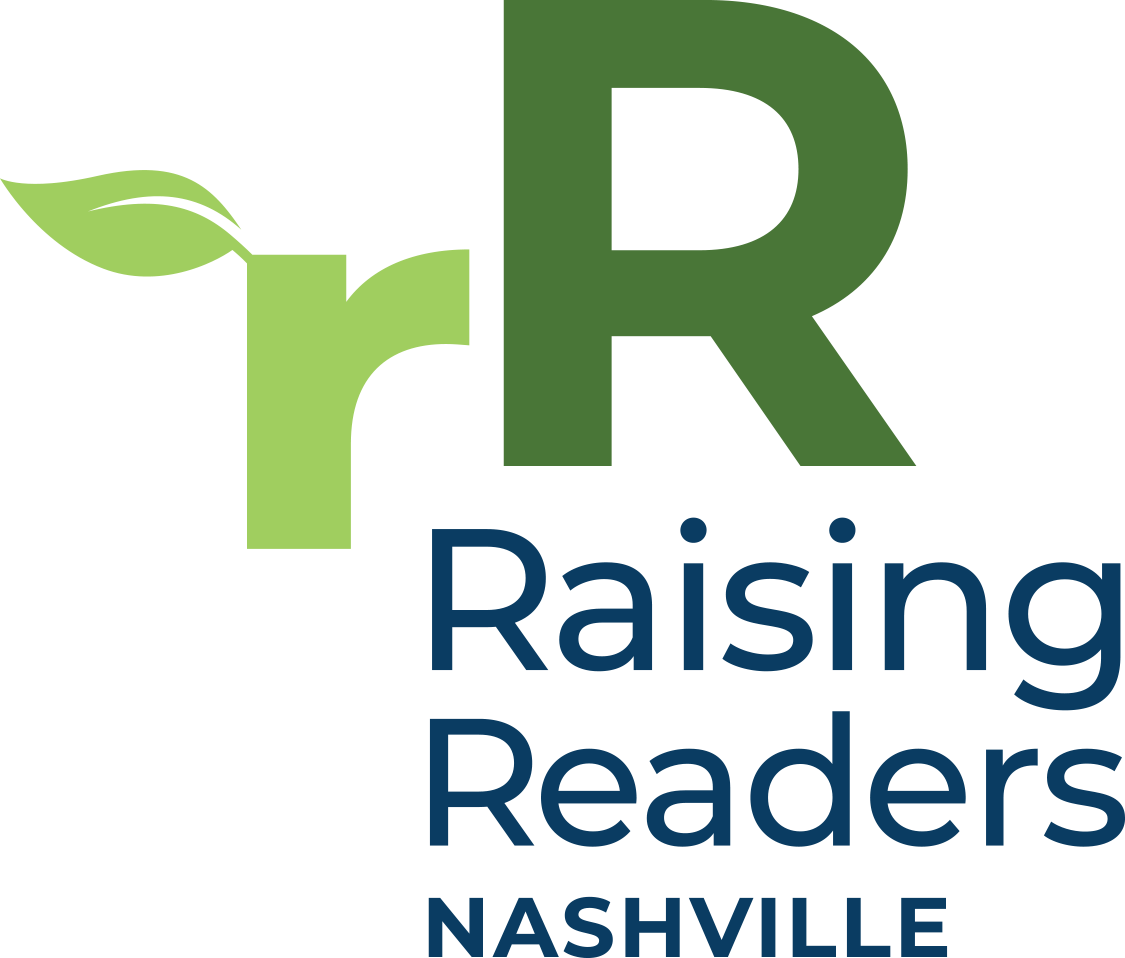Overview of the Process
1. Developing a Financial Plan
Build a revenue model that encompasses all aspects of your business, including who you will serve, tuition structure, staffing models, operations costs, and fundraising strategies.
2. Understanding Child Care Zoning
Get to know the zoning of centers based on the number of people they serve and other factors, so you have clarity about the type of center you want to operate and the requirements of each category.
3. Retaining Needed Support
Understand all the individuals that will be involved in this process and start outreach to get cost estimates for each type of service:
Architect
Contractor
Attorney
Project Manager
Website and Marketing support
Staffing and Recruiting support
4. Identifying a Location
Identifying a location early on in the process is extremely important. The location has several factors that will determine viability for usage: size and geographic location, ownership, how old the property is and when it was renovated last, and the type of building.
5. Setting up Your Business
For new child care centers, setting up your business will add several steps to this process. This includes:
Deciding on a business name
Securing a Federal EIN
Filing for nonprofit or for profit status
Securing name-related assets such as a website address
6. Starting the TDHS Process
You will get information on all the offices you will work with throughout the process, complete training about the steps to receiving your license, and get assigned a dedicated Program Specialist who will connect you with all necessary contacts.
7. Navigating Code, Fire, and Building Safety
Existing and new centers have a variety of TDHS requirements to meet, which are dependent on the specific circumstances of the center including who is served, whether the center is new or existing, and partnering with a specialist.
Codes and Building Safety
This department helps ensure the safety of buildings in regards to the planning, as well as meeting the zoning requirements and policies of Metro Nashville.This process has some overlap with fire approvals, and works in coordination with the ongoing conversation that happens.
Fire Department Approval and Inspections
The fire department is another regulatory agency that will require approval before the child care center is able to move forward. They conduct pre-submittal meetings and inspections for fire safety within the properties.
8. Final Steps for Licensing
Approval from TN Choose Safe Places
TDHS Final Inspection and Approval
Provisional License
Establishment Grant
Child and Adult Food Care Program
Complete TDHS Training Requirements
SECTION TWO
New Centers vs. Existing Centers
As this Guide looks to support child care center Directors who are looking to expand their centers, open ‘micro’ or ‘satellite’ sites, as well as new child care center operators, there are a variety of resources included to cover multiple scenarios. Child care center Directors should expect to complete most of the steps listed here, but given the breadth of scenarios covered, it is important that center Directors confirm what they need to do with their TDHS Program Specialist.
What sections apply to me?
New and Existing Centers
Developing a Financial Plan
Understanding Child Care Zoning
Retaining Needed Supports
Identifying a Location
Starting the TDHS Process
Navigating Code, Fire, and Building Safety: Pre-submittal Steps, Plan Submission and Review, Fire Inspection, Usage and Occupancy Permit, Environmental Codes
Final Steps for Licensing: Final Walkthroughs, Licensing
New Centers only
Setting Up Your Business
Final Steps for Licensing: Tennessee Choose Safe Places Review, Child and Adult Food Care Program, Complete Staff Training Requirements
